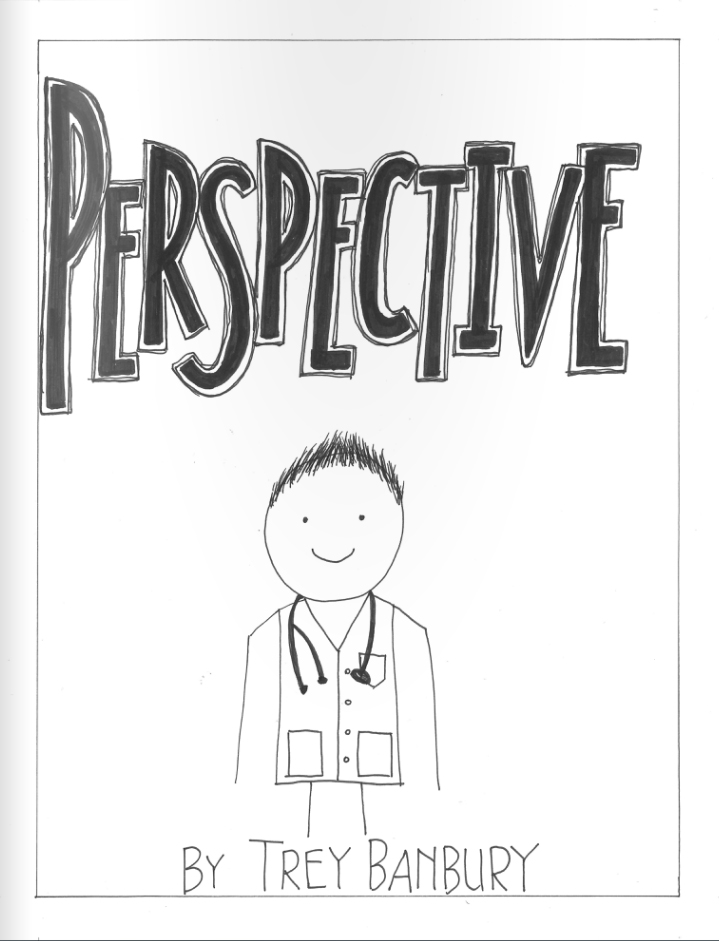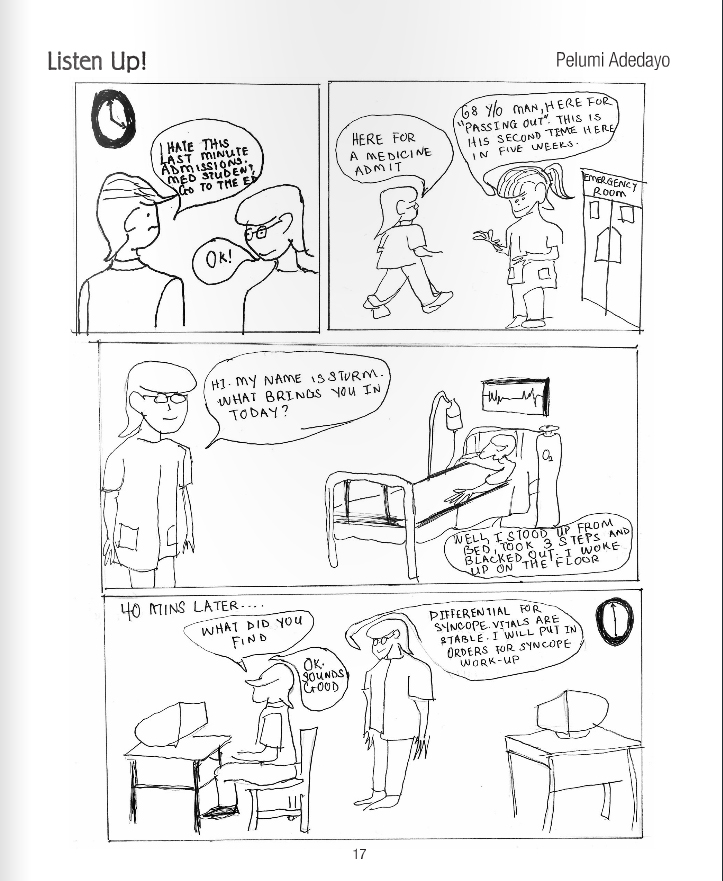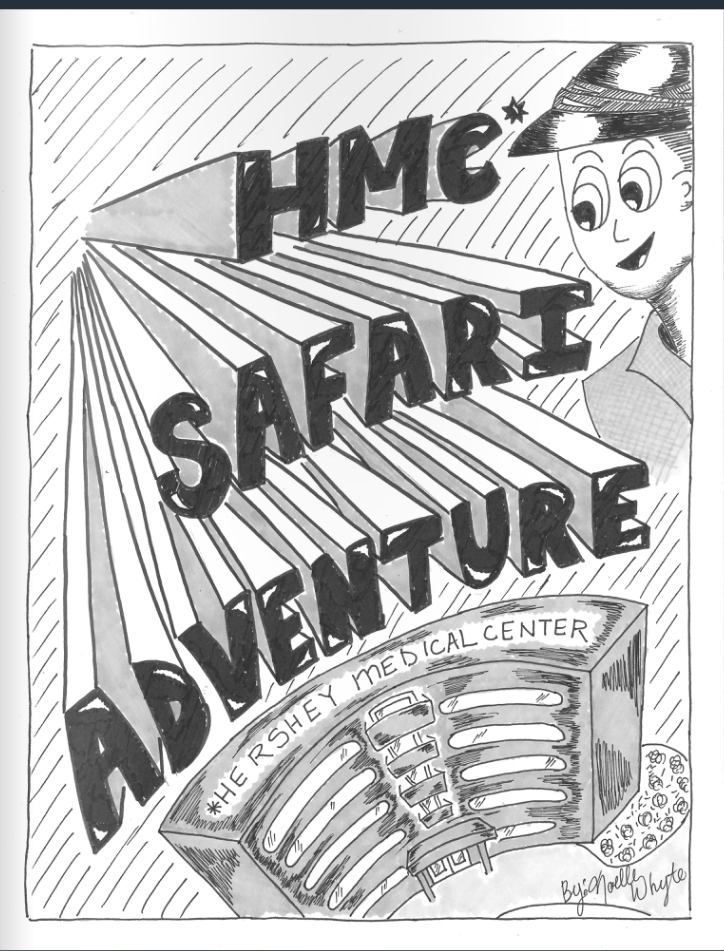Comics and Medicine: Helping Med Students Form Their Professional Identities
Reading and creating health-themed comics helps medical students transition from laypersons to physicians, according to a first-of-its-kind analysis at Penn State College of Medicine. Researchers found that integrating comics into a medical school humanities program allowed students to reflect on the formation of their professional identities and fostered cognitive and behavioral skills needed to be good doctors.
Comics might not seem like required reading for medical students, but that’s just what’s on the syllabus for a unique course taught at Penn State College of Medicine. The class, called Graphic Storytelling and Medical Narratives, is offered to fourth-year students through the college’s Department of Humanities.
Michael Green, a professor of humanities and medicine, began teaching the month-long course six years ago. To date, 58 medical students have taken his seminar-style elective. The book-length graphic narratives Green selected for reading and discussion include both true and fictional accounts of patients and their loved ones dealing with illness. As the course progresses, his students create their own comic around a formative experience from medical school. Along the way, creative exercises stimulate reflection and help the students refine their drawing and writing skills.
Green’s new analysis, based on student surveys collected since the course began, found that reading and creating comics helps students with practical doctoring skills, such as experiencing more empathy, noticing non-verbal communication and being more aware of how they are seen by patients. He published his results in Academic Medicine.
Students’ comics generally express five themes: how I found my niche, the medical student as patient, reflections on a transformative experience, connecting with a patient and the triumphs and challenges of becoming a doctor.
“Students in medical school often lack the opportunity to reflect on this very profound experience they’ve gone through,” said Green. “As medical educators we should be giving them more chances to think about, reflect on and share with others what their experience in medical school is like. Using comics as a medium for expression is an innovative and useful way to have them describe and articulate their experiences.”
Penn State College of Medicine’s Department of Humanities is the oldest humanities department at any U.S. medical school.
“In the humanities department we hope to help educate doctors to be more reflective, critical, well-rounded, and humanistic thinkers, and not just technicians,” said Green. “Being a good physician involves knowing more than just the science of medicine, but also the art of medicine, which includes exploring patients’ perspectives, being able to communicate effectively with people and understanding the cultural context where health and illness occur.”
Though many medical schools offer opportunities for self-reflection through creative writing, opportunities for visual expression are far less common. Green hopes more medical schools will begin to integrate comics into their curricula.
“Comics are a fantastic way to empower students and give voice to their experience of medical school,” he said. “We can learn a lot about students’ experiences through the comics that they create.”
He notes that med students don’t need to be artists to sign up for the class.
“Students have created some really compelling comics using simple drawings and even stick figures,” said Green. “You don’t have to be a great visual artist to do it–it’s more about how you tell the story and how you combine the words and images.”
Green’s class is part of a burgeoning field called Graphic Medicine. For the past six years, the professor has been one of the key organizers of the annual Comics and Medicine International Conference. The conference, which brings together worldwide scholars, artists, and clinicians working at the intersection of comics and medicine, will be held this year at the University of California, Riverside, on July 16 to 18.
To see an archive of the student-produced comics, visit the Penn State College of Medicine Department of Humanities website.
-Jennifer Abbasi
If you're having trouble accessing this content, or would like it in another format, please email Penn State Health Marketing & Communications.



